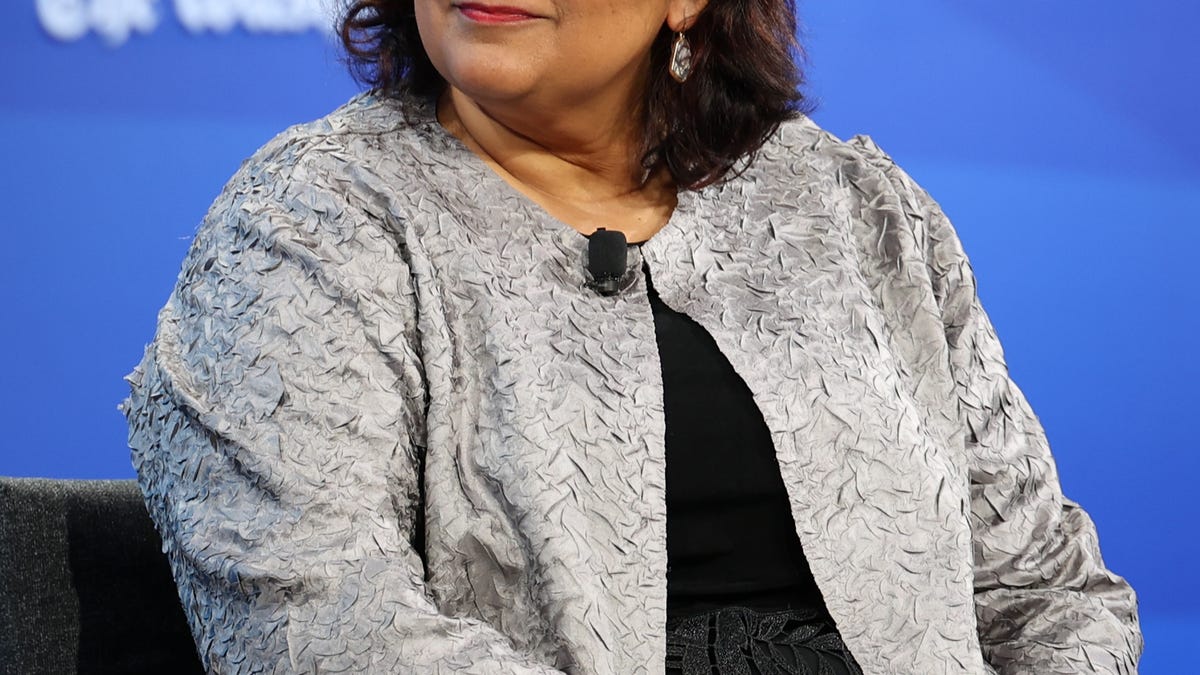"Profitable forever": PB Fintech's dream quarter sees renewals, credit, UAE biz in green
As the company achieved key profitability milestones, PB Fintech’s leadership detailed the evolving business mix, a renewed focus on core insurance economics, and a cautious approach to lending and investments.


Yashish Dahiya opened PB Fintech's Q4 FY25 earnings call with a bold declaration: "We feel confident it is profitable, kind of, forever... I don’t think it will ever go back into the red again."
For the full fiscal year, the parent company of Policybazaar and Paisabazaar reported a striking 45% year-on-year growth in consolidated revenue, reaching Rs 4,977 crore. Net profit surged an eye-popping 426% to Rs 353 crore.
Strong renewal growth
Central to this transformation has been the company’s insurance renewal flywheel, which has steadily gained momentum. The company’s renewal revenue now stands at an annualised run rate of Rs 817 crore, up 42% YoY from Rs 577 crore in FY24. These renewals, mostly health and life insurance policies, carry contribution margins exceeding 80%.
“This is a key driver of long-term profit growth,” said Chairman and Group CEO Dahiya, who also emphasised that while fresh health premiums remain a growth engine, they give lower margins. As this high-margin renewal pool compounds over time, it acts as a buffer against the more volatile economics of new business acquisition.
But profitability wasn’t driven by renewals alone. Dahiya explained that the core online business, excluding renewals and fresh health, also operates at a 20% margin.
Across the board, the emphasis has been on better segmentation, sharper cost allocations, and smarter claims and customer service operations. “We’ve improved our internal systems to the point where we’re now doing fresh and renewal P&Ls separately, holding teams more accountable, and that’s showing up in the numbers,” Dahiya said.
UAE biz turns profitable
PB Fintech’s UAE operations, still a relatively small part of the portfolio, have turned the corner in terms of profitability. “The UAE business turned profitable, and I feel confident it’s now profitable forever,” Dahiya said. Though the current scale is “not yet material,” management believes it will become a core geography over the long run.
In FY25, UAE insurance premiums grew 76% YoY, mirroring India's business’ skew toward health and life products.
PoSP strategy: From bulk to boutique
PB Partners, which enables over 300,000 insurance agents across India, is undergoing a deliberate and strategic repositioning focused on quality over quantity. As Dahiya explained during the earnings call, “We have moved the business towards smaller and higher quality advisors,” marking a shift from the earlier model that prioritised agent volume.
It is now focusing on working with advisors who generate better-quality business, have lower churn, and show higher persistence in policy renewals.
Challenges in savings business
PB Fintech’s foray into the traditional savings and investment segment continues to be a slow burn. Despite an aggressive push into insurance-led savings products in earlier quarters, the company acknowledged muted momentum in this vertical. “Our savings business is very challenged,” Dahiya said. “We are starting to grow, but we’re thinking very hard on how to scale.”
The management cited underwhelming growth in long-term insurance savings products, such as endowment and ULIP plans, and is now pivoting to broader fixed-income offerings. These include fixed deposits, government and corporate bonds, and pension products. “We are not planning to enter traditional stockbroking,” Dahiya clarified. “
"Instead, we’re looking at long-term investment instruments that are more aligned with our positioning in protection and financial planning. Some of these may require licenses, and we’re evaluating those implications,” he noted.
Shift in credit strategy
PB Fintech’s credit marketplace, Paisabazaar, is adapting to the slowdown in India’s unsecured lending environment. Amid a regulatory clampdown on unsecured personal loans and rising delinquency risks, the company is consciously tilting toward secured credit products.
“The industry is seeing a slowdown in unsecured credit,” said Dahiya. “We’ve scaled our secured credit distribution through stronger fulfilment infrastructure and deeper lender partnerships.”
However, the company is experimenting with limited First Loss Default Guarantee (FLDG) constructs in collaboration with a select set of financial partners to expand its unsecured lending portfolio. The partnership structure involves another lending service provider covering the initial losses if a borrower defaults on a loan.
Paisabazaar's total credit disbursals in FY25 stood at Rs 20,465 crore, marking a 38% increase YoY. However, the lion’s share of incremental growth came from secured lending categories like home loans and loans against property. According to the company’s investor presentation, the secured credit business now contributes a growing portion of disbursals, driven by “stronger unit economics and lower risk weights.”
Interestingly, half of Paisabazaar’s disbursals now originate from its credit score platform, which boasts 45 million registered users.
Edited by Kanishk Singh




















































![[Weekly funding roundup May 10-16] Large deals remain a no-show](https://images.yourstory.com/cs/2/220356402d6d11e9aa979329348d4c3e/Weekly-funding-1741961216560.jpg)






































































![Epic Games: Fortnite is offline for Apple devices worldwide after app store rejection [updated]](https://helios-i.mashable.com/imagery/articles/00T6DmFkLaAeJiMZlCJ7eUs/hero-image.fill.size_1200x675.v1747407583.jpg)










































.jpg)



















